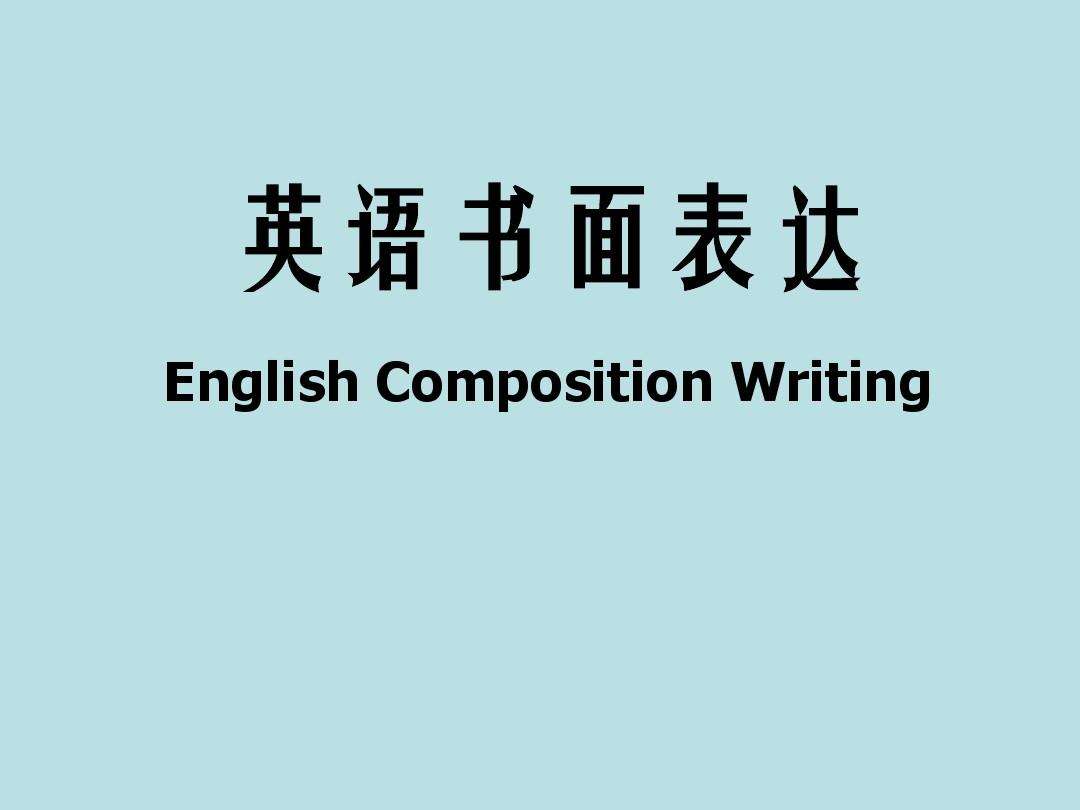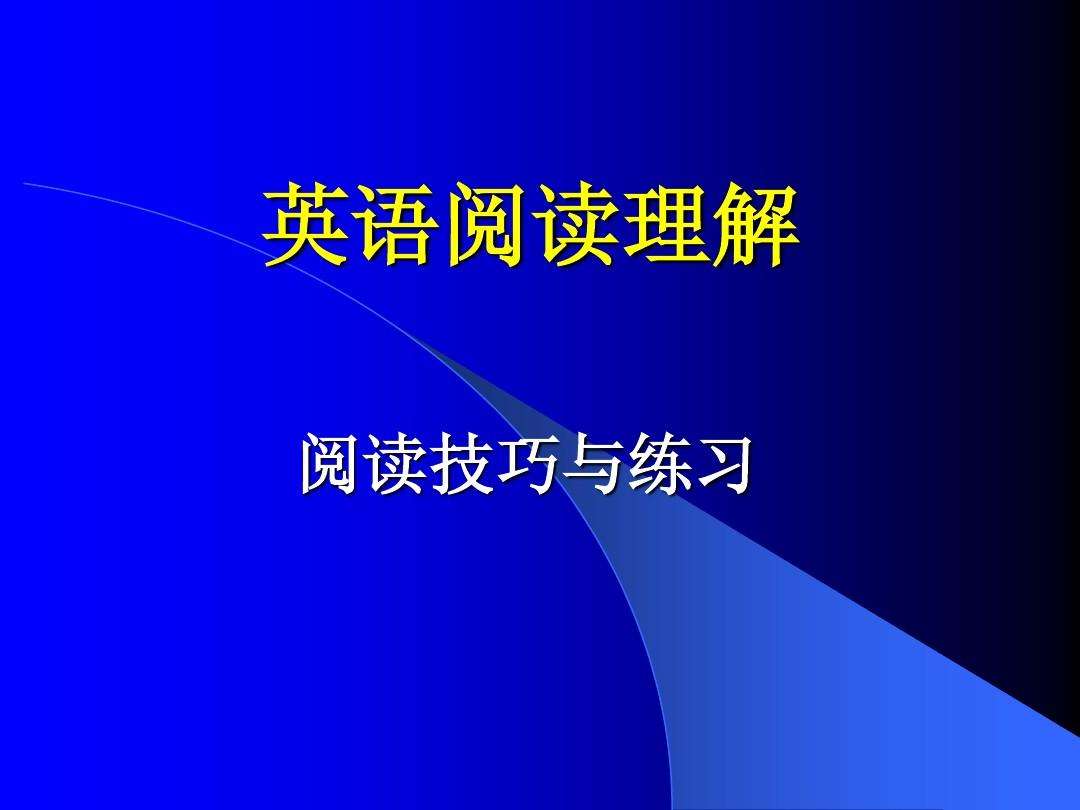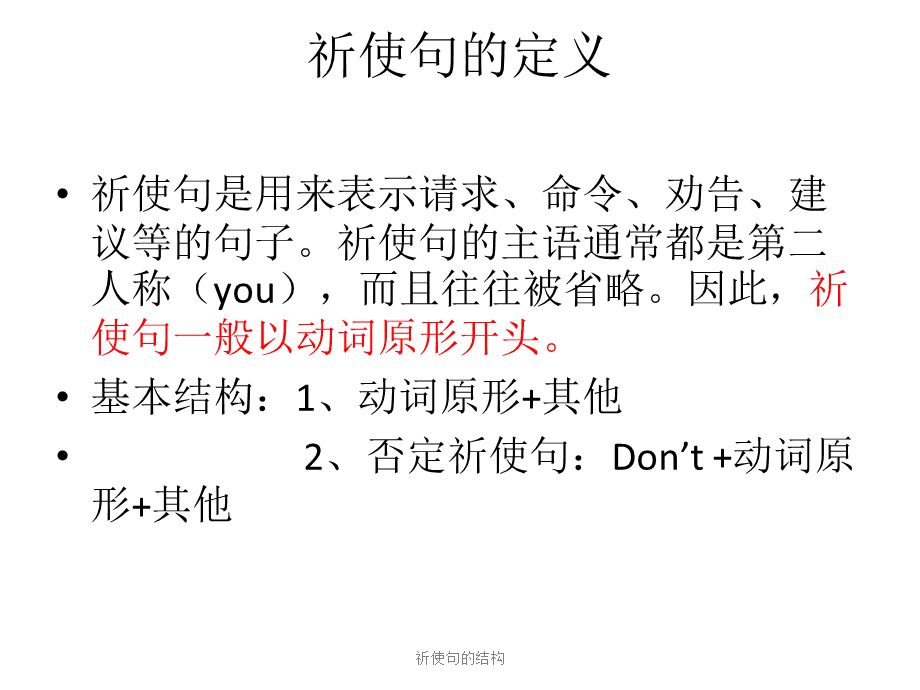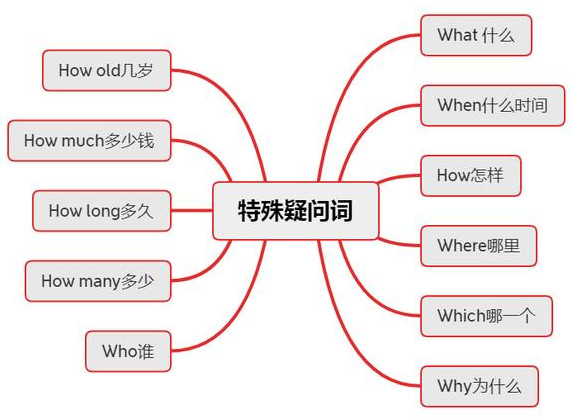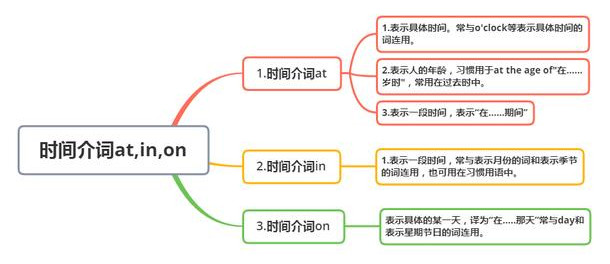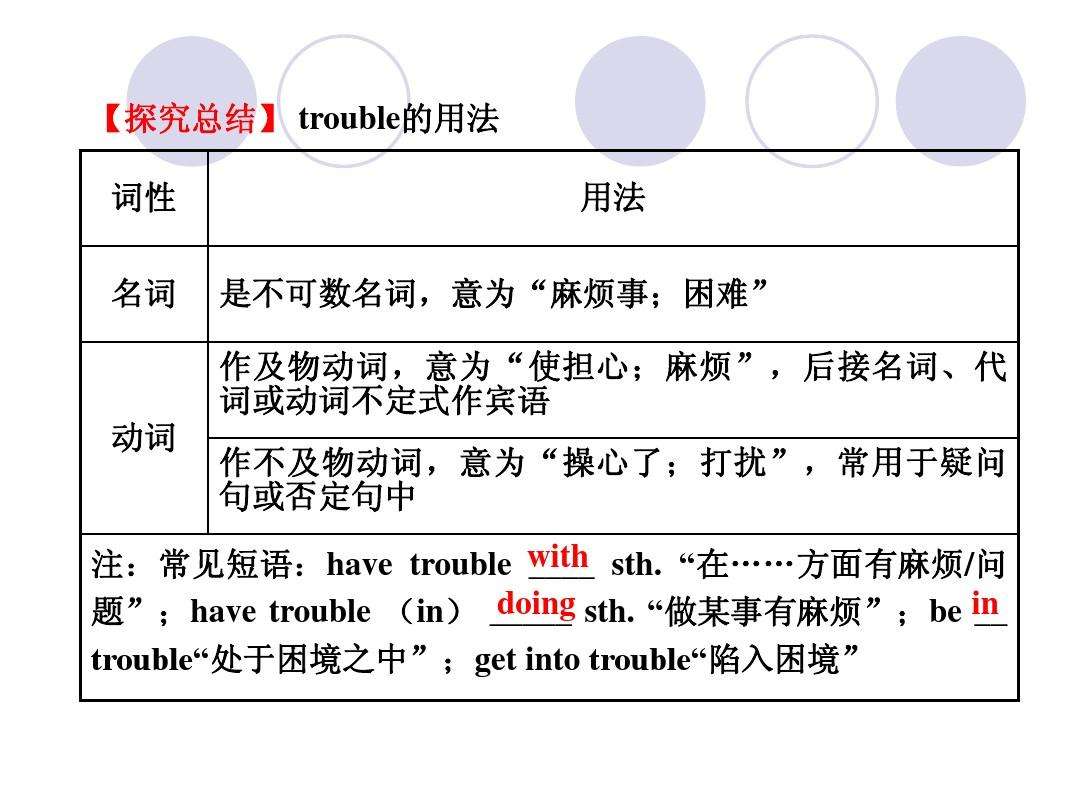| 宜城教育365速发国际靠谱么_365bet亚洲官方网址_预付365商城下载网www.bjtlcd.com every与each的用法与区别
1.every与each两者都有“每个”的意思,但用法不同:each可作代词或形容词;every只能作形容词。
2.each指两个或两个以上的人或事物中的“每个”;every是指三个以上的人或事物的“每个”。
3.each和every作形容词,修饰单数名词,接单数动词。each作代词,单独使用或接of短语,接单数动词。
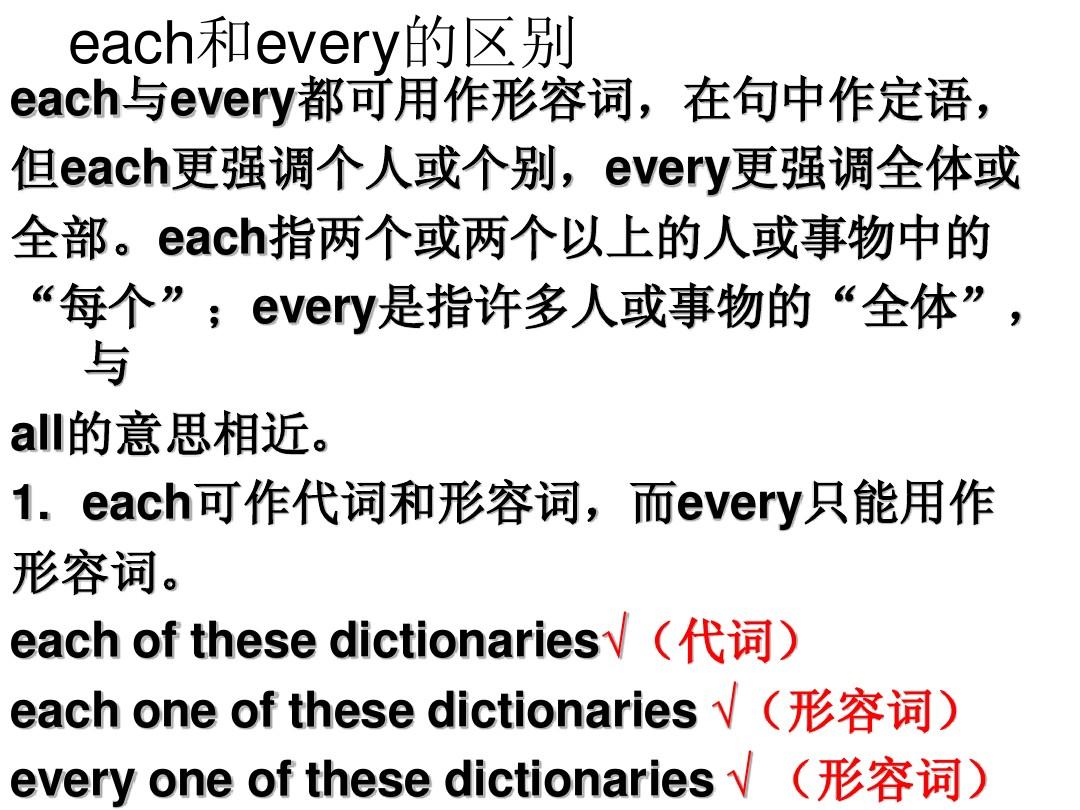
all, every与each的用法与区别
一、从强调的侧重点来区分
三者都可用来概括全体,但强调重点不同:all(全部)是整体性地考虑总体(具有概括性),every (每个)是考虑总体中的所有成员(与 all 很接近),each (每个)是逐个逐个地考虑总体(具有个别性)。比较:
All players were very excited. 所有运动员都很兴奋。
Every player was very excited. 每个运动员都很兴奋。
He shook hands with each player in turn after the game. 比赛结束后,他同运动员一一握手。
二、从句法功能和词性来区分
all 和 each 既可作形容词(其后接名词),也可用作代词(单独使用或后接 of 短语);而 every 却只能用作形容词(其后接名词),不能用作代词(即不能单独使用或后接 of 短语)。如:
正:All books are worth reading. 所有书都值得读。
正:All of the books are worth reading. 所有书都值得读。
正:Each book is interesting. 每本书都很趣。
正:Each of the books is interesting. 每本书都都很趣。
误:Every of the books is interesting.
误:Every is interesting.
三、从主谓一致方面来区分
each 和 every 之后通常接单数可数名词,且该结构用作主语时,其谓语动词用单数。如:
Each (man) does his own work. 各人做自己的工作。
Every student in our class is sure to pass the exam. 我们班的每个学生都肯定会通过考试。
若后接两个用 and 连接的名词,其谓语依然用单数。如:
Every [Each] man and woman knows it. 每个男人和女人都知道此事。
但是,each 可用于复数主语后作同位语,后面的谓语用复数。如:
The students each have a dictionary. 学生每人有一本字典。
四、从所涉及的范围来区分
each 指两者或两者以上的“每个”,every 指三者或三者以上“每个”,因此指两者时只能用 each。如:
He has books in each hand. 他两只手都拿着书。
There are trees on each side of the road. 路两边都有树。
Two boys entered. Each was carrying a suitcase. 两个小伙子走了进来,每人提着一只箱子。
五、从所接受的修饰语来区分
every 可受 almost, nearly 等副词的修饰,但 each 却不能。如:
Almost every family in the village owns a television. 村上几乎每家都有电视机。
Nearly every child in the school passed the swimming test. 这所学校几乎每一个儿童游泳都及格了。
差不多每个学生都读过这本书。
正:Almost every student has read the book.
误:Almost each student has read the book。
宜城教育365速发国际靠谱么_365bet亚洲官方网址_预付365商城下载网www.bjtlcd.com |






